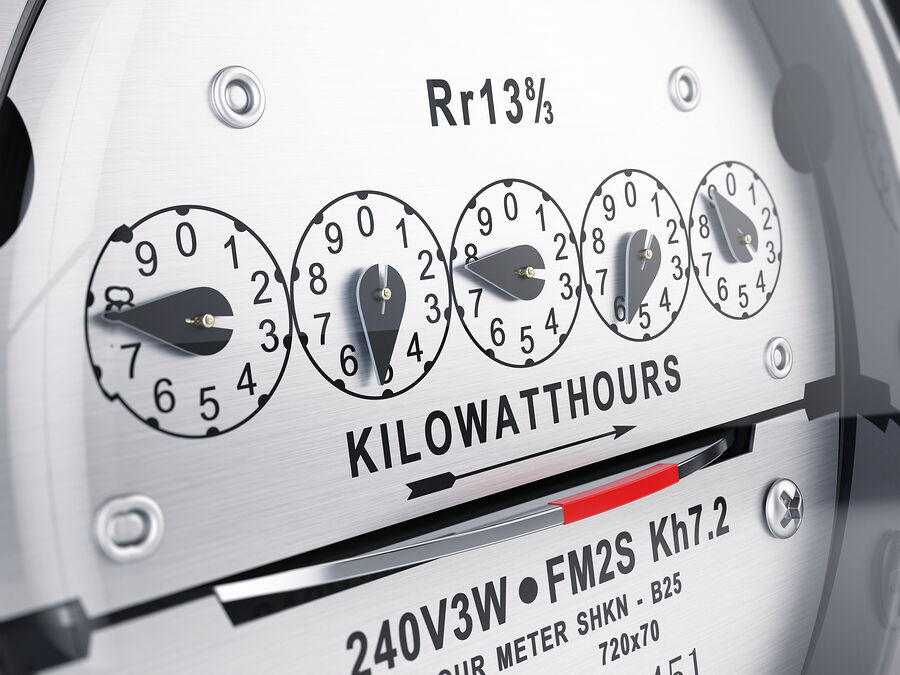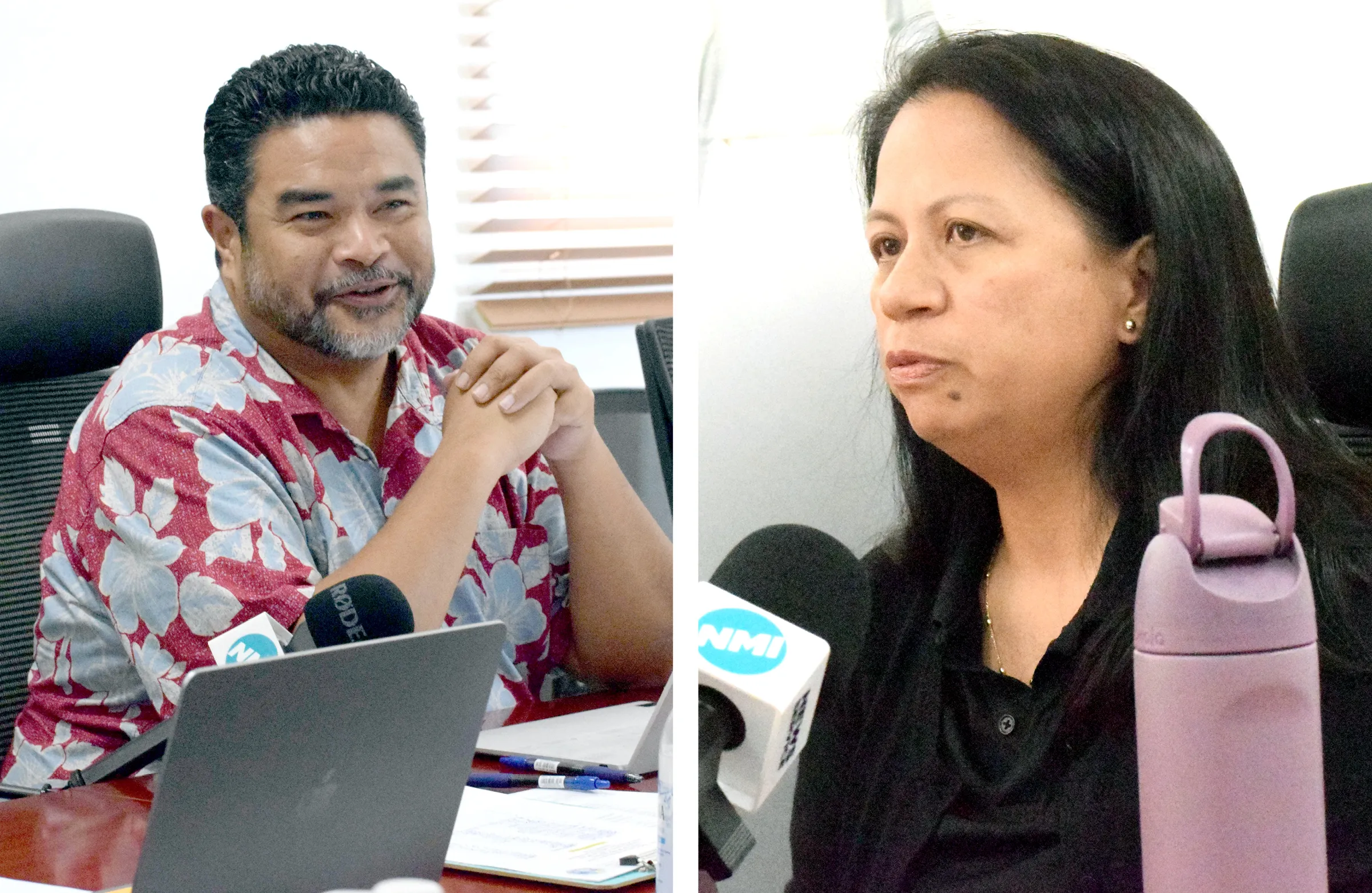
A BILL pre-filed in the Senate, S.B. 24-14, would “temporarily suspend the collection of certain charges by the Commonwealth Utilities Corp.” These include “all water electric charges and the percentage of the Fuel Adjustment Charge” or FAC “allocated to the payment of water loss, bad debt or delinquent accounts for three years.”
This is progress, in a way. In the past, politicians would usually propose doing away with the FAC. In the 2005 election, the fuel surcharge — as it was called back then — became a winning issue for the opposition, which promised to scrap it. However, once in power, and finally aware of the extent of the problem, they claimed that solving it would “take time.” That never materialized. Instead, the surcharge was renamed LEAC, and later FAC.
The problem, both then and now, is funding: who should pay for the fuel that powers CUC’s plants?
But today, at least, some politicians are (grudgingly) acknowledging the FAC’s purpose. What they should also say outright is that without the FAC, this government — which struggles to pay its utility bills on time, if at all — must help cover CUC’s fuel costs.
In any case, the author of S.B. 24-14 also wants CUC to seek proposals for alternative energy “solutions.” The lawmaker likewise noted that CUC’s power plant “is antiquated and outdated leading to inefficiencies, higher operating costs, and environmental concerns. The infrastructure needs replacement or significant upgrades.”
One could say that this is all good, as it could serve as a “teachable moment.” Lawmakers will — and they should — conduct public hearings, and invite CUC and other officials as well as utility and energy experts to discuss “solutions” to a funding problem that began when the local economy started to decline precipitously over a quarter of a century ago.
But I’m afraid that once again, not a lot of us will learn anything from another round of meetings, consultations and dialogues regarding CUC and the FAC. All that has been said about them has been said already, but most of us remain adamant that the “only solution” is that we don’t pay the FAC — or someone else should.
Instead of educating themselves to better understand this never-ending uproar and engage in rational discussions with the public, many politicians prefer to echo their constituents’ mostly uninformed yet passionately held opinions. Many of us insist that it’s the fault of CUC and/or government officials. And the solution is “simple” and “right in front of our eyes.” In politics and governance, however, if it could have been done, it would likely have been done already.
Which brings us back to the actual and persistent problem its customers have with CUC: it charges rates that we consider “outrageous.” CUC, for its part, says that if it doesn’t collect those charges, it cannot provide us with utility services.
Now consider this: For all the talk about CUC being a semi-autonomous public corporation with its own board of directors and management, it is still essentially under the control of whoever the politicians in power are. If it’s true that CUC is “overcharging” us, or that transitioning to “renewable energy sources” is as easy as flipping a switch, then why haven’t the governor (past and present) or the Legislature “addressed” these “problems”? CUC board members are gubernatorial appointees confirmed by the Senate. The members of CPUC, which is CUC’s regulatory agency, are also gubernatorial appointees confirmed by the Senate and the House of Representatives. The Legislature can — and has done so many times — pass measures that dictate what CUC should and can do. (And those include the net metering law, an unfunded mandate.)
As for everyone’s favorite “miracle cure,” renewable energy, here’s what CUC’s former deputy executive director, Chretien Voerg, told House members in July 2022:
“There is a plan to diversify our power portfolio. That plan is active. It’s in place. [But] operating utilities is very complicated as far as…integrating new equipment with older technology and how that reacts in the grid. So part…of expanding our technology into renewables is making sure that we evaluate the reliability of our grid so that we can integrate these new resources without damaging the infrastructure we already have…. Diesel is definitely going to be the base of our power portfolio for a while because it is reliable. It’s 24-7. It can be brought on and taken off very easily.”
Simon Sanchez, another utility expert, who is also an incumbent CUC board member, told CNMI senators in May 2023: “Some people say, well, you should go to 100% renewable today. There…is one place in the world that is 100% solar, and it’s a small island [Ta’u]…in American Samoa. But…it’s $0.65 a kilowatt hour or twice what you’re paying here. So, yeah, technology will let you do it right. But can you afford the technology?”
Lawmakers also like to point out how old CUC’s main power plant is. Voerg told them over two years ago that CUC “has been developing plans for years” for replacing its antique power plants, which “should have died a long time ago.” But thanks to CUC’s maintenance staff, “they’re still running well beyond their useful life.” He added, “Our issue right now is funding. We have a number of outstanding accounts that have not been paid,” referring to the CNMI government’s utility bills. “Those…add up to…tens of millions of dollars,” and those funds could have gone to “replacing equipment at our power plants that would make us more efficient…. [I]t would reduce the amount of energy [fuel] we need to consume in order to produce that electricity…. So any assistance we could have in catching up on some of these arrears accounts…we’d appreciate that.”
And what assistance did CNMI officials provide to CUC? Instead of paying the government’s overdue bills, they found a way to “offset” them.
Send feedback to editor@mvariety.com










